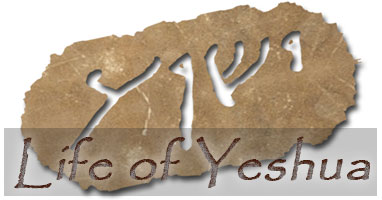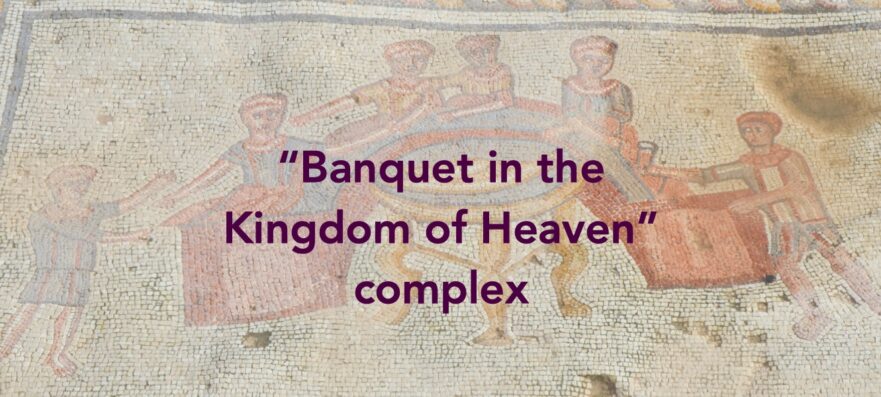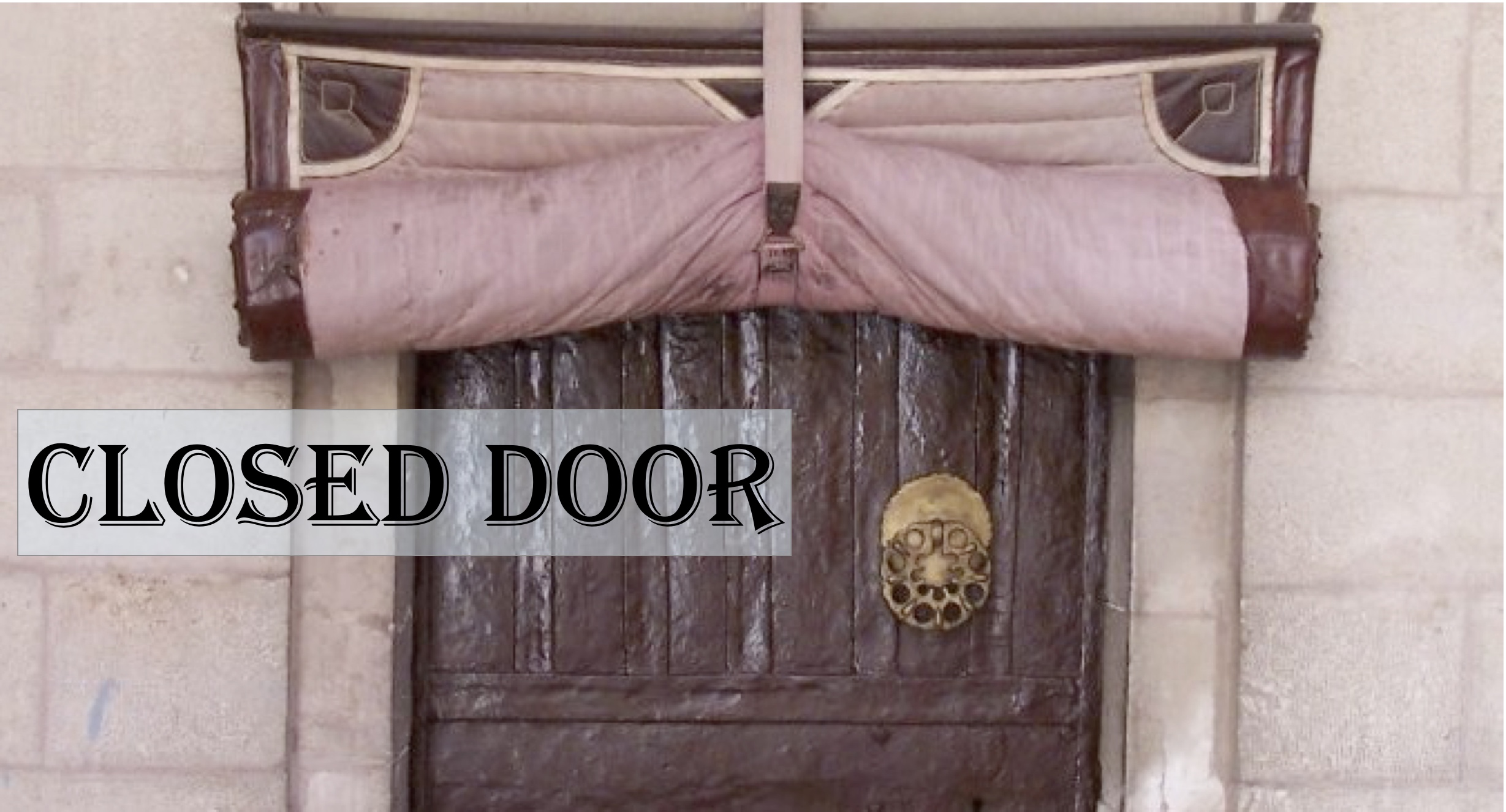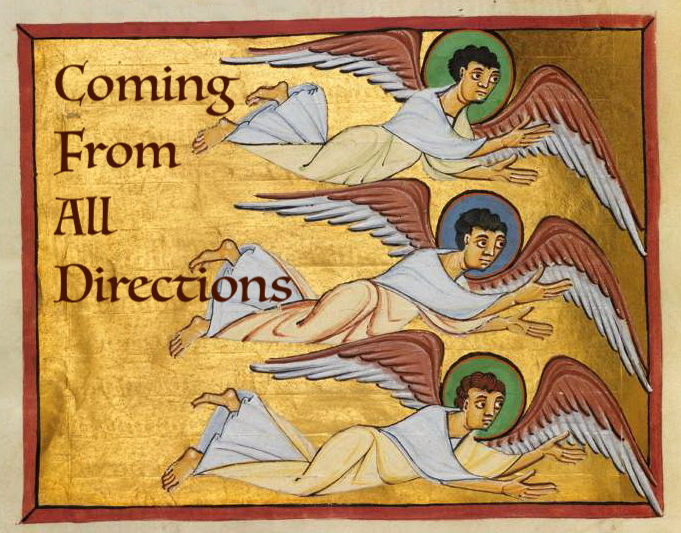Updated: 1 May 2025
The fourteenth chapter of Luke’s Gospel opens with a scene in which Jesus, on his way to dine with a prominent Pharisee on the Sabbath day, encounters a man with severe swelling (Man with Edema [Luke 14:1-6]). Jesus raises the issue of the permissibility of healing on the Sabbath and proceeds to act upon his view of the matter by healing the sick man. Following this scene Jesus begins teaching on the ethical issues concerning banquets.[1] Jesus recommends inviting poor and disabled persons—not unlike the man he had just healed—to banquets rather than people who are rich because God will reward such hospitality at the resurrection (Open Invitation [Luke 14:12-14]). Jesus’ audience is not hostile but appears skeptical with regard to both healing on the Sabbath and his social message. Someone at the table remarks on the blessedness of those who will dine in God’s kingdom, apparently a non-committal response intended to put the subject to rest. To this tepid response Jesus draws a comparison (Great Banquet parable [Luke 14:15-24 ≈ Matt. 22:1-14]). It is like a man who prepared a feast and invited many, but they were all so preoccupied with their personal property that they failed to attend. So the man lavished his hospitality on poor and disabled people instead. If Jesus’ well-to-do but skeptical audience refused to embrace his social message, God would bypass them and lavish his grace upon the poor without their help.

We believe this opening incident and the following discourse, united by the themes of social justice and table fellowship,[2] preserve part of a literary complex that continued with a warning (Closed Door [Matt. 7:22-23 ∥ Luke 13:25-27]) that when Jesus’ audience saw themselves shut outside the “banquet” they would beg the “host” for admittance, but the host would deny them. They would see people from all over coming to be seated with Abraham, Isaac and Jacob at the banquet in God’s kingdom, but they would be excluded (Coming From All Directions [Matt. 8:11-12 ∥ Luke 13:28-29]).[3] The Kingdom of Heaven was bringing about a change to the social order, and many who had enjoyed prominence, wealth and power in this world will find themselves powerless, penniless and forgotten in the world to come (First and Last [Matt. 19:30; 20:16; Mark 10:31; Luke 13:30]). They would have to make a choice, either to be like sensible maidens who brought oil for their torches so that when the bridegroom comes they might accompany him to the wedding feast, or to be like foolish maidens who neglected to get oil until it was too late and they missed out on the wedding celebrations (Waiting Maidens parable [Matt. 25:1-13]). If Jesus’ audience would embrace his social message, thereby supplying themselves with “oil,” or good deeds, then they could be part of God’s redemptive plan. Jesus would not be shrugged off with pious platitudes: now was the time for decision and action.
Linking these pericopae together are common themes (banqueting: Open Invitation; Great Banquet; Coming From All Directions; Waiting Maidens), images (knocking at a shut door: Closed Door; Waiting Maidens) and concepts (the resurrection: Open Invitation; Great Banquet; Coming From All Directions). A social message of divine favor toward people who are poor in riches and in health is pervasive (Man With Edema; Open Invitation; Great Banquet; First and Last), as are feelings of apathy on the part of Jesus’ audience (Man With Edema; Great Banquet) and frustration toward such apathy on the part of Jesus (Great Banquet; Closed Door; Coming From All Directions).
Since Jesus’ disciples make no appearance in any of these pericopae, we believe this discourse may have been delivered prior to the calling of Jesus’ disciples, perhaps while on an early pilgrimage to Jerusalem.
Click on the following titles to view the Reconstruction and Commentary for each pericope in the “Banquet in the Kingdom of Heaven” complex.
![]() Man With Edema (Newly Published!)
Man With Edema (Newly Published!)
 Open Invitation (Coming Soon!)
Open Invitation (Coming Soon!)
 Great Banquet parable (In Preparation!)
Great Banquet parable (In Preparation!)
 Click here to return to The Life of Yeshua: A Suggested Reconstruction main page.
_______________________________________________________
Click here to return to The Life of Yeshua: A Suggested Reconstruction main page.
_______________________________________________________
- [1] Luke includes Places of Honor (Luke 14:7-11) in this discourse. We suspect that this was not its original context, since it is not related to the theme of social justice. This saying was probably included in this section of Luke because it pertains to table etiquette. See the “Story Placement” discussion in Places of Honor. ↩
- [2] On these unifying themes in Luke 14, see Bart J. Koet, “Whom Do You Invite to the Table? Connections between the Dropsical Guest and the Meal Parables in Luke 14:1-24,” in The Power of Parables: Essays on the Comparative Study of Jewish and Christian Parables (ed. Eric Ottenheijm, Marcel Poorthuis and Annette Merz; Leiden: Brill, 2024), 74-92. ↩
- [3] Lindsey (LHNS, 161 §205) suggested that the Great Banquet parable and Coming From All Directions belonged to the same literary complex. ↩


 Closed Door
Closed Door Coming From All Directions
Coming From All Directions

